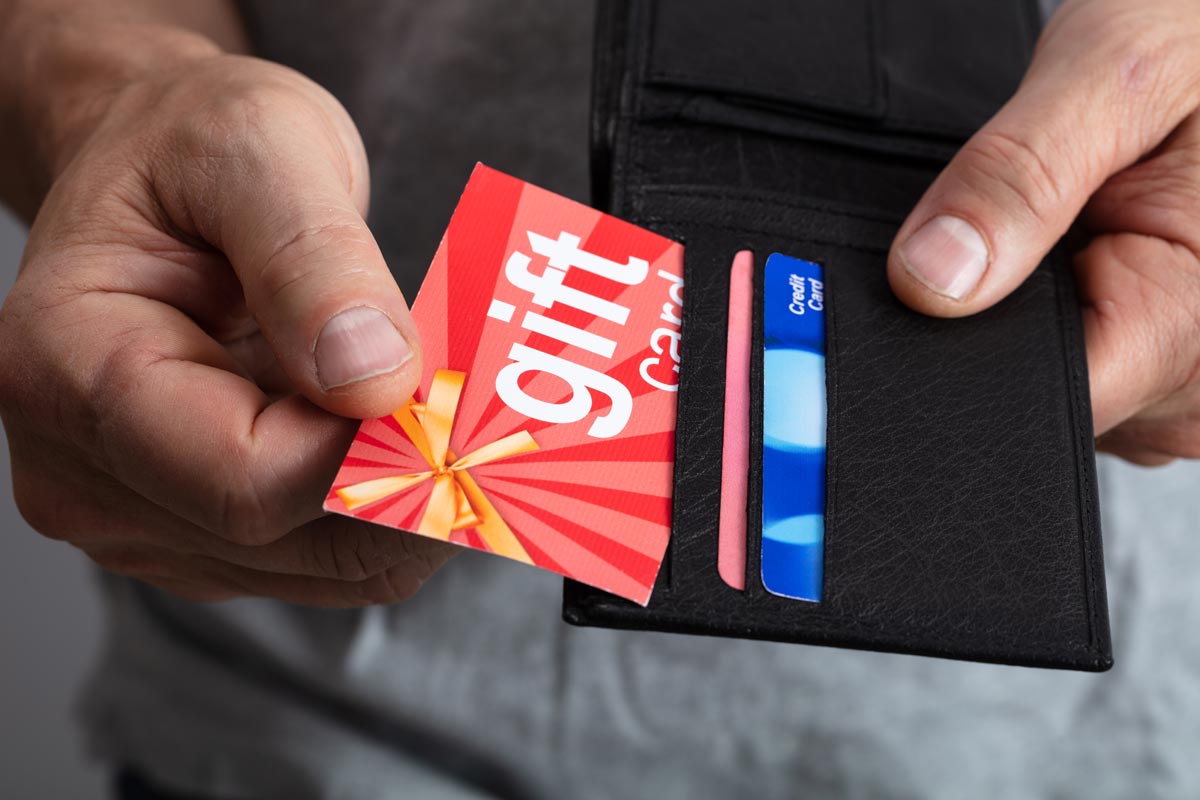Investing in rental property is a proven vehicle for building wealth. After making a down payment and securing a loan for the remainder, you can then use the monthly rental income to make the mortgage payments and grow your net worth.
Although many are familiar with obtaining a loan for a home, the process for obtaining a commercial real estate loan is different. So, how does one get a commercial loan for rental property?
The following is an outline of the steps you’ll take to both purchase rental property and obtain the necessary financing.
Step 1: Decide Type of Rental Property
There are many different types of rental properties in which you can choose to invest. A few options include:
- Office buildings
- Retail buildings
- Warehouses
- Multifamily housing
- Mixed-use buildings
- Self-storage units
Each type of property will have both pros and cons to consider. Be sure to take the time to research each option so you will understand their operations and other factors. Rental properties are big investments, and you don’t want to encounter any surprises after the purchase is complete.
Step 2: Decide Where You Want to Invest
The location of the rental property you buy is very important, and some communities are better to invest in than others.
In general, you want to look for an area with:
- A low crime rate
- A growing population
- A strong economy and low unemployment
- Growing salary and income trends
- Visually appealing neighborhoods
If you buy rental property in a good community, your investment is likely to increase in value over time. If you buy in a bad neighborhood, however, it could result in increased tenant problems, local crime issues, and a possible decline in value.
Step 3: Find a Commercial Real Estate Agent
The best way to find and view properties is to work directly with a commercial real estate agent. A good agent will be able to investigate a property’s history to look for red flags that you want to avoid.
A competent real estate agent will be your insight into your investment. As you would expect, an agent will help you negotiate the price, present your offer, and assist with the closing process.
But that’s not all. A commercial real estate agent will also help you obtain information and documentation from the property owner about the number of units leased, operating expenses, and other relevant information that your lender will require to approve the loan.
Step 4: Know Your Credit Score
Before you talk to a lender, you want to make sure you have a good credit score. Credit scores are one of the most important things that lenders review when considering loan applicants.
You are legally entitled to obtain free copies of your credit reports annually from each of the three reporting bureaus (Experian, Equifax, TransUnion). If you find an error in one of the reports, you can dispute it with the reporting bureau and possibly have it removed.
To qualify for a commercial loan, you will need a credit score of at least 600. A score of 700 or higher is preferred. Your lender will also assess other personal financial information including your net worth, how much cash you have on hand (liquidity), your personal and business income, and your business experience.
Step 5: Prepare Your Financial Package
When you apply for a commercial loan for rental property, you will need to prepare and present a financial package to your lender. Each lender will have its own list of required documents, and it’s best to contact them before you begin the application process to find out what you will need. Common documents include:
- Property information (address, date of construction, etc.)
- Rent roll or schedule of leases
- Loan amount and payoff
- Financial statements
- Income tax returns
- Previous year’s operating expenses
- Legal documents
After you have submitted the documents to your lender, the information you provided will be reviewed. Your lender will then provide you with a purchase price range for the property you are considering.
Step 6: Submit an Offer to Buy
You will now need to present a formal offer to buy the property. The negotiated terms will be included in a Purchase and Sale Agreement. This document will also include contingencies to protect you in case you are unable to obtain funding or if the property cannot be used as collateral for the loan.
Step 7: Have the Property Inspected
Any property you are interested in buying will need to be inspected before a commercial loan can be approved. Your lender or real estate agent will arrange the necessary inspections. In addition to looking at the physical condition of the property, an inspector may also look for pests, mold, environmental hazards, and other issues.
Step 8: Underwriting
If your formal offer is accepted by the current property owner, your lender will then begin the underwriting process where your financial documents and information on the property are carefully evaluated. Your lender will also have the property appraised. The underwriting process may take up to 45 days to complete.
Step 9: Close on the Property
If the loan is approved, a date will be scheduled for the closing. Closings are usually held at attorney’s offices but are sometimes held at other places.
At the closing, you will review and sign your loan documents and the documents that transfer the title of the property to your company. You will also provide a cashier’s check for the down payment and closing costs.
Wasatch Peaks Credit Union Commercial Loans
Now that you know how to get a commercial loan for a rental property, it’s time to decide if that is the right path for you.
Whenever you’re ready, we are too. Wasatch Peaks Credit Union offers several business loan options to fund rental property investments and other business ventures. If you have any questions, one of our representatives will be glad to assist you and to provide information on applying.
If you are considering an investment in rental real estate, the following checklist can help navigate the process:



